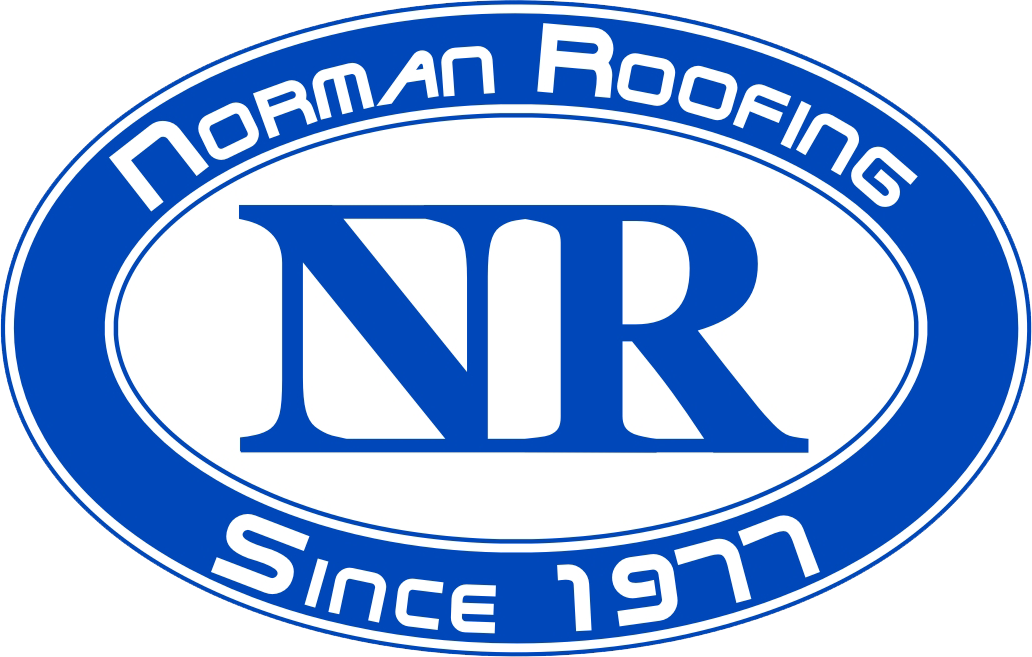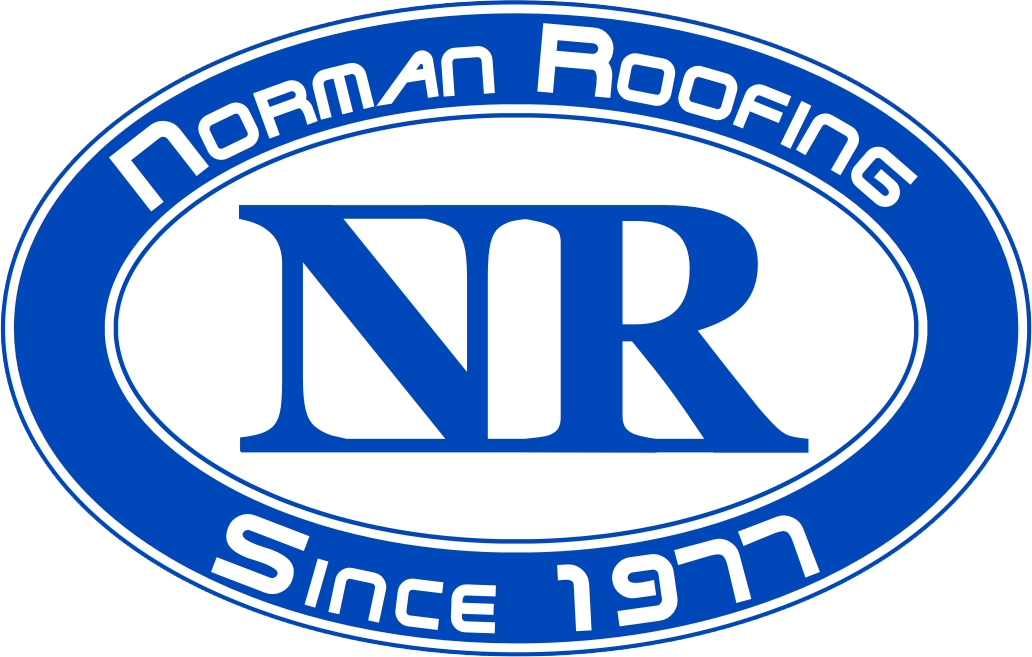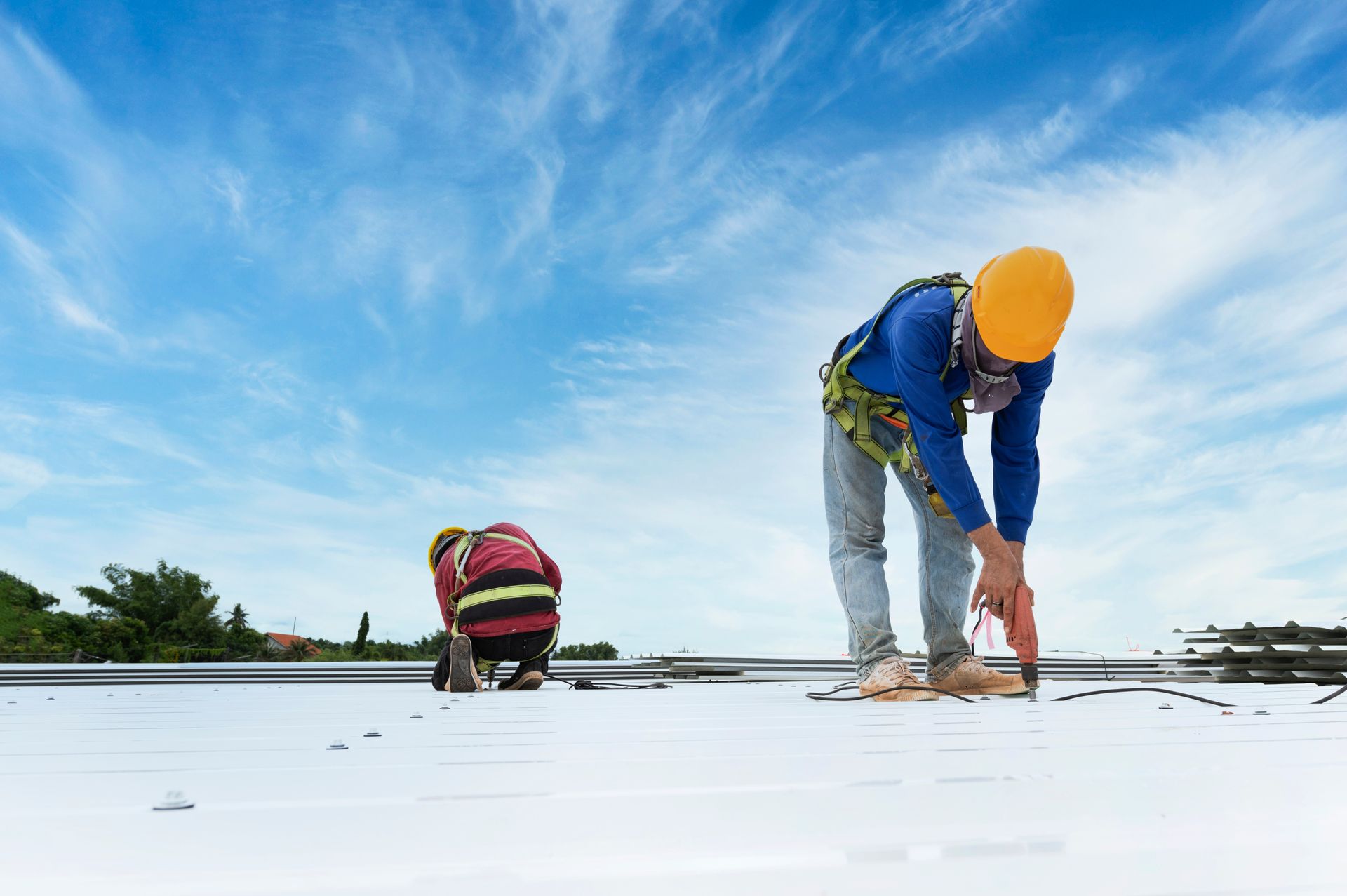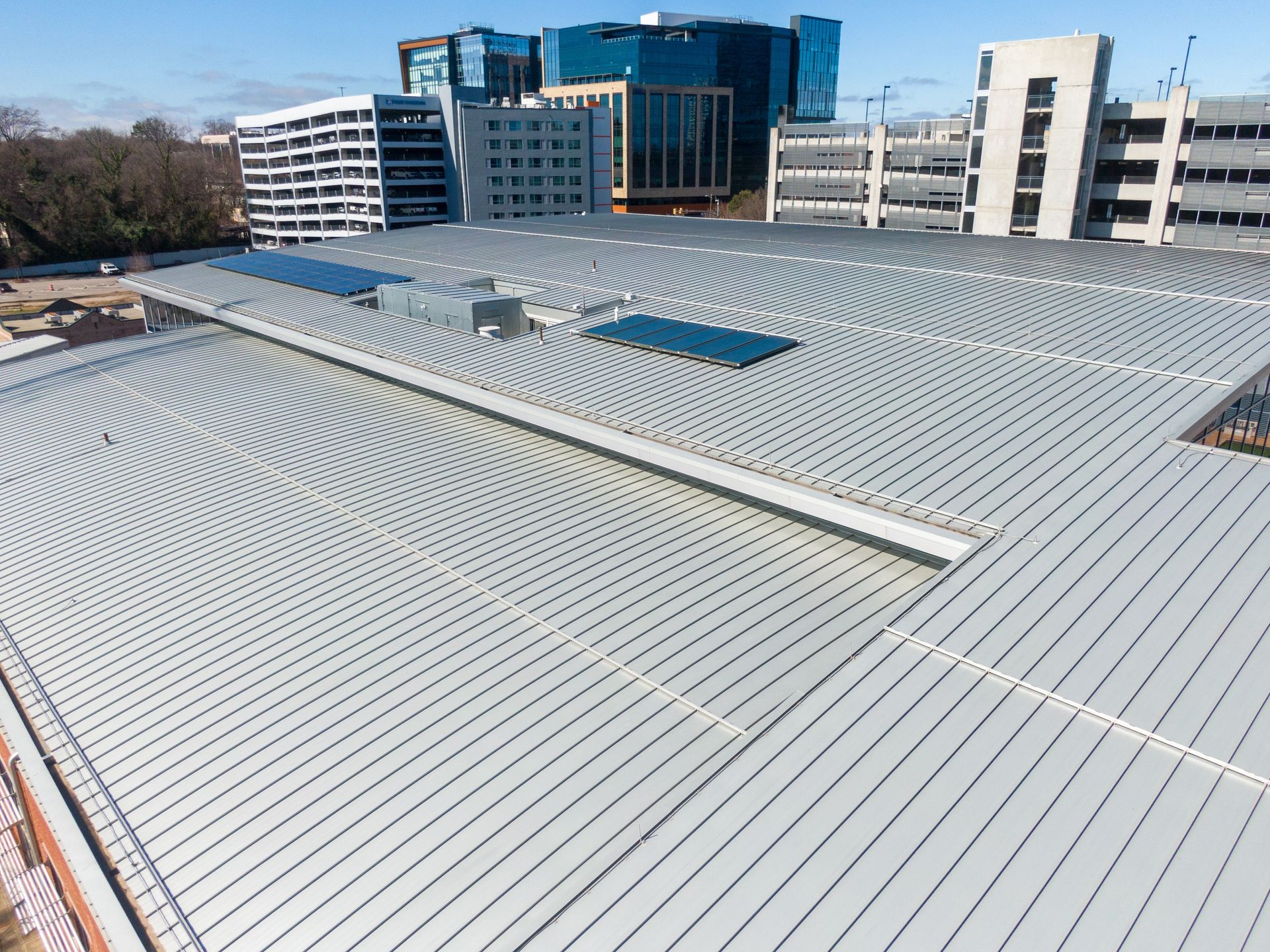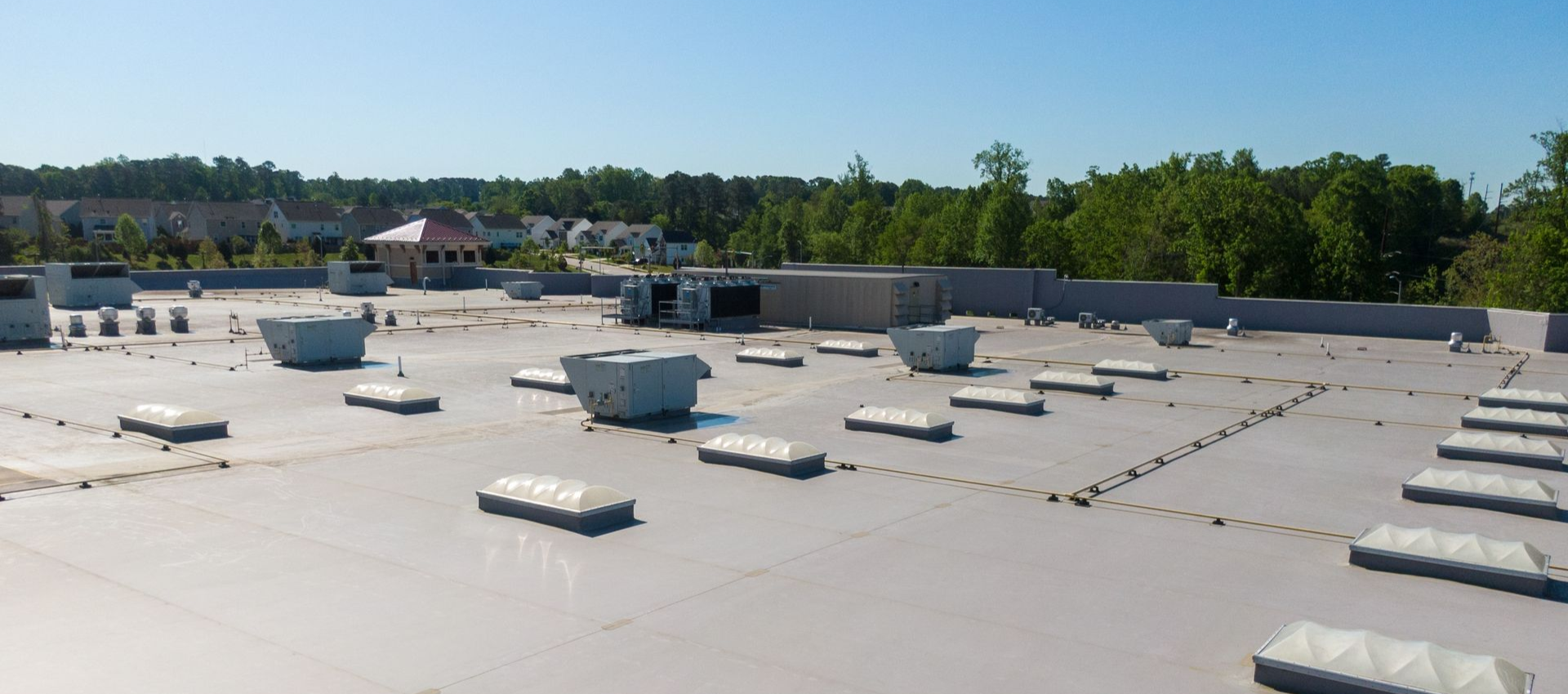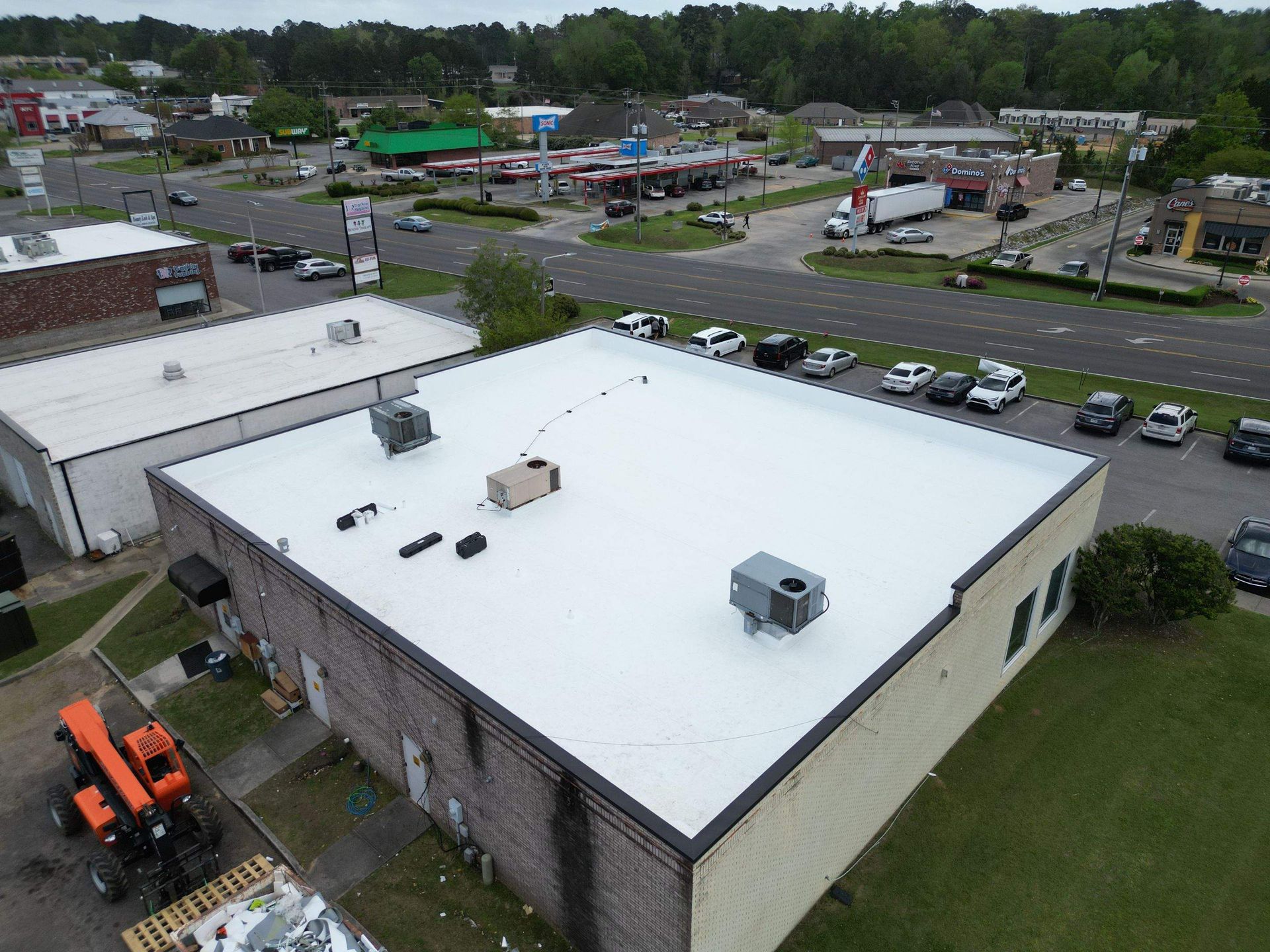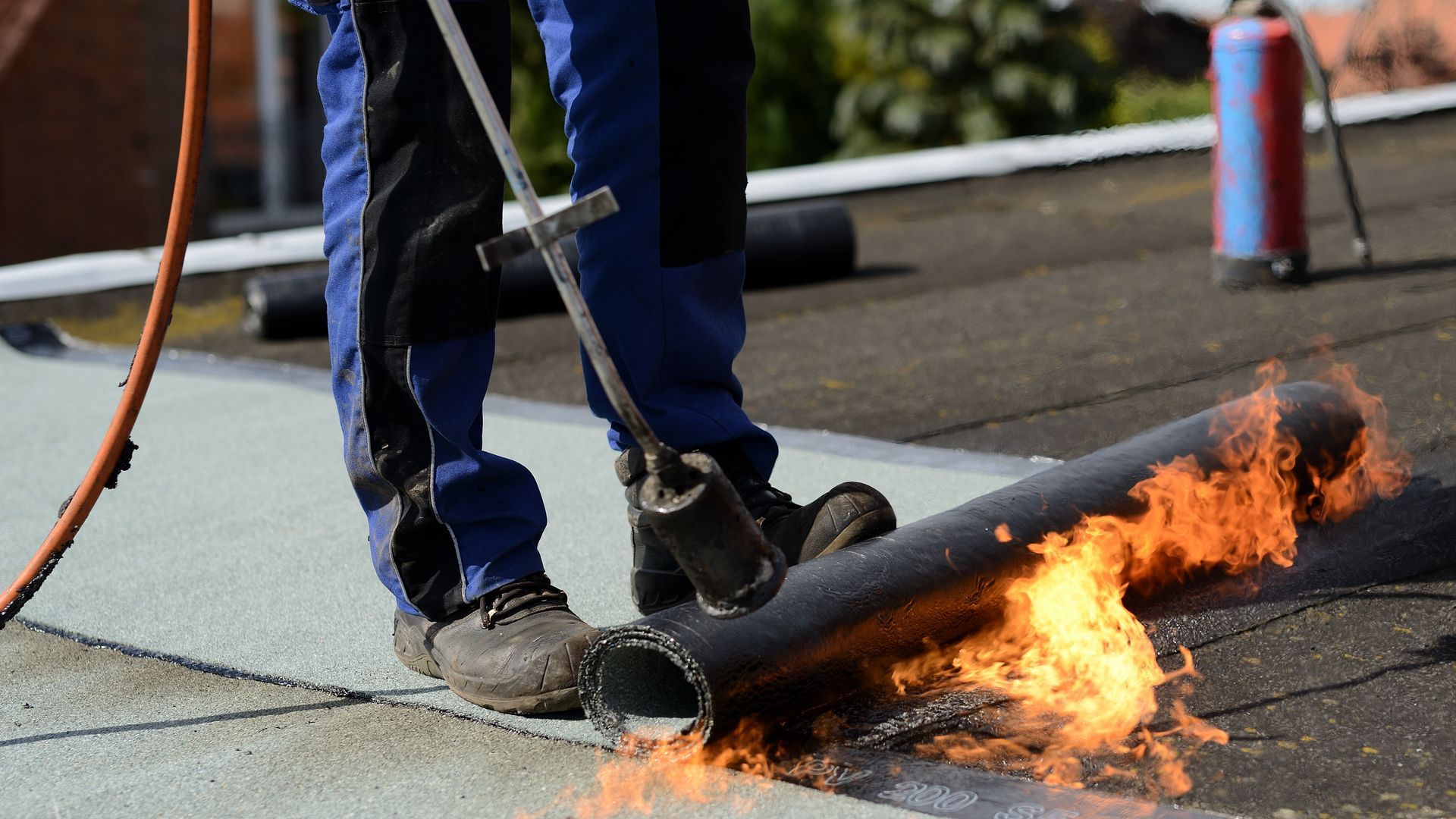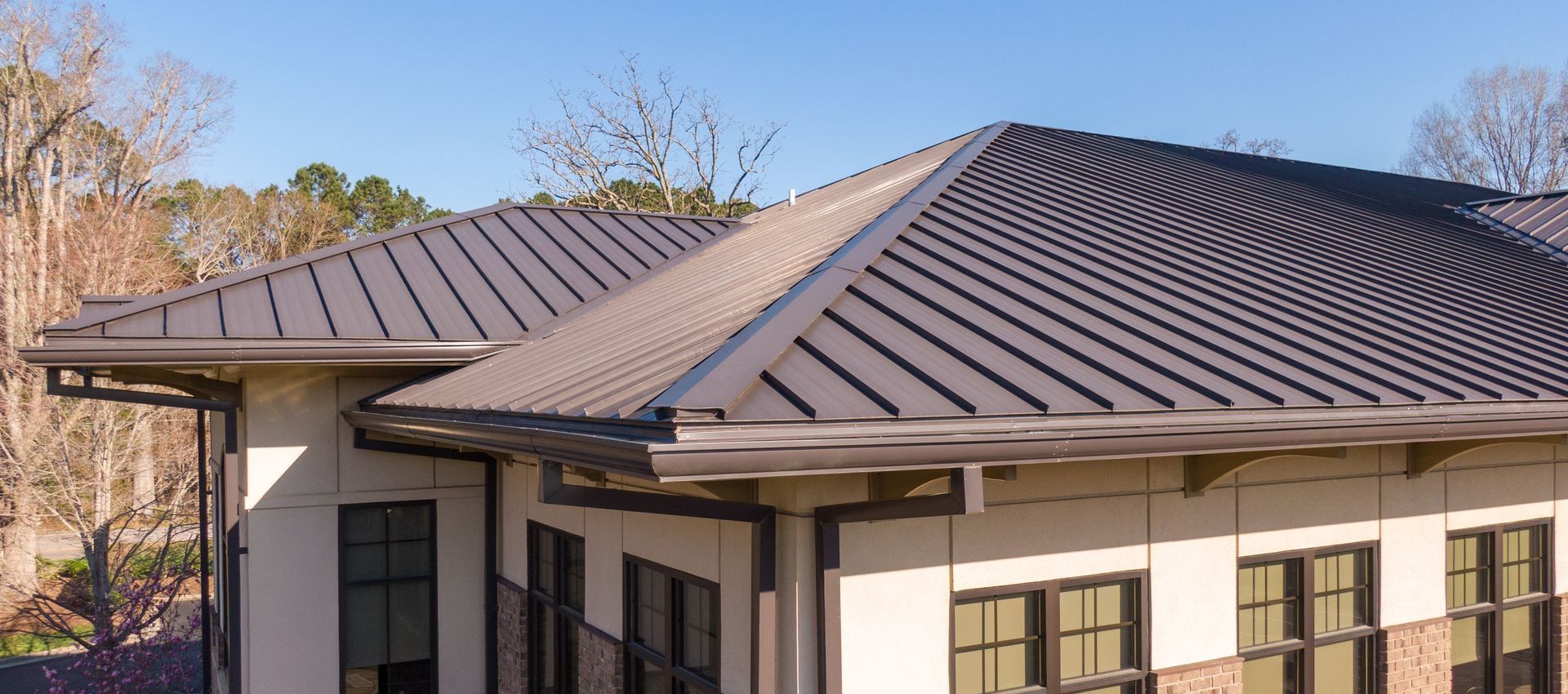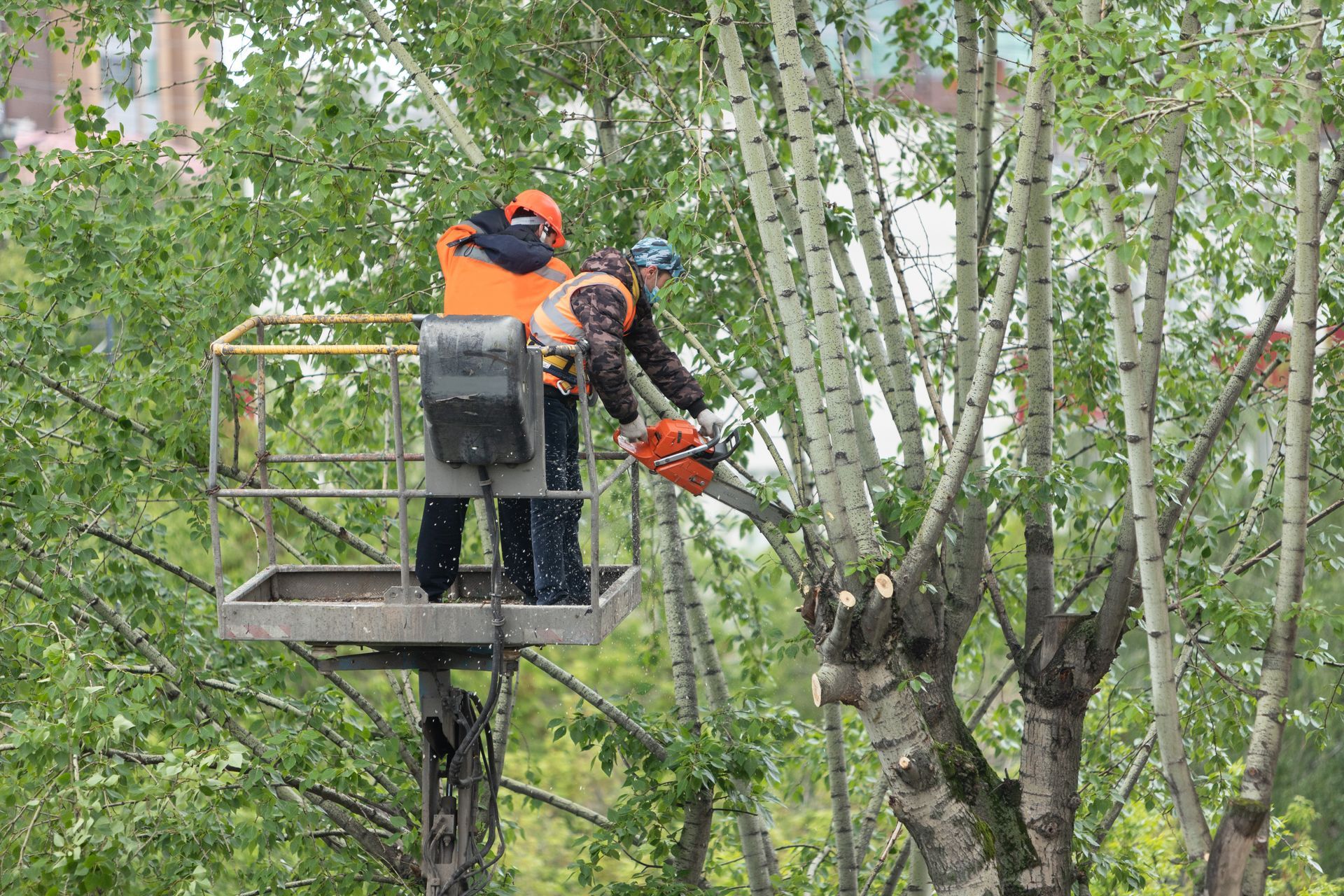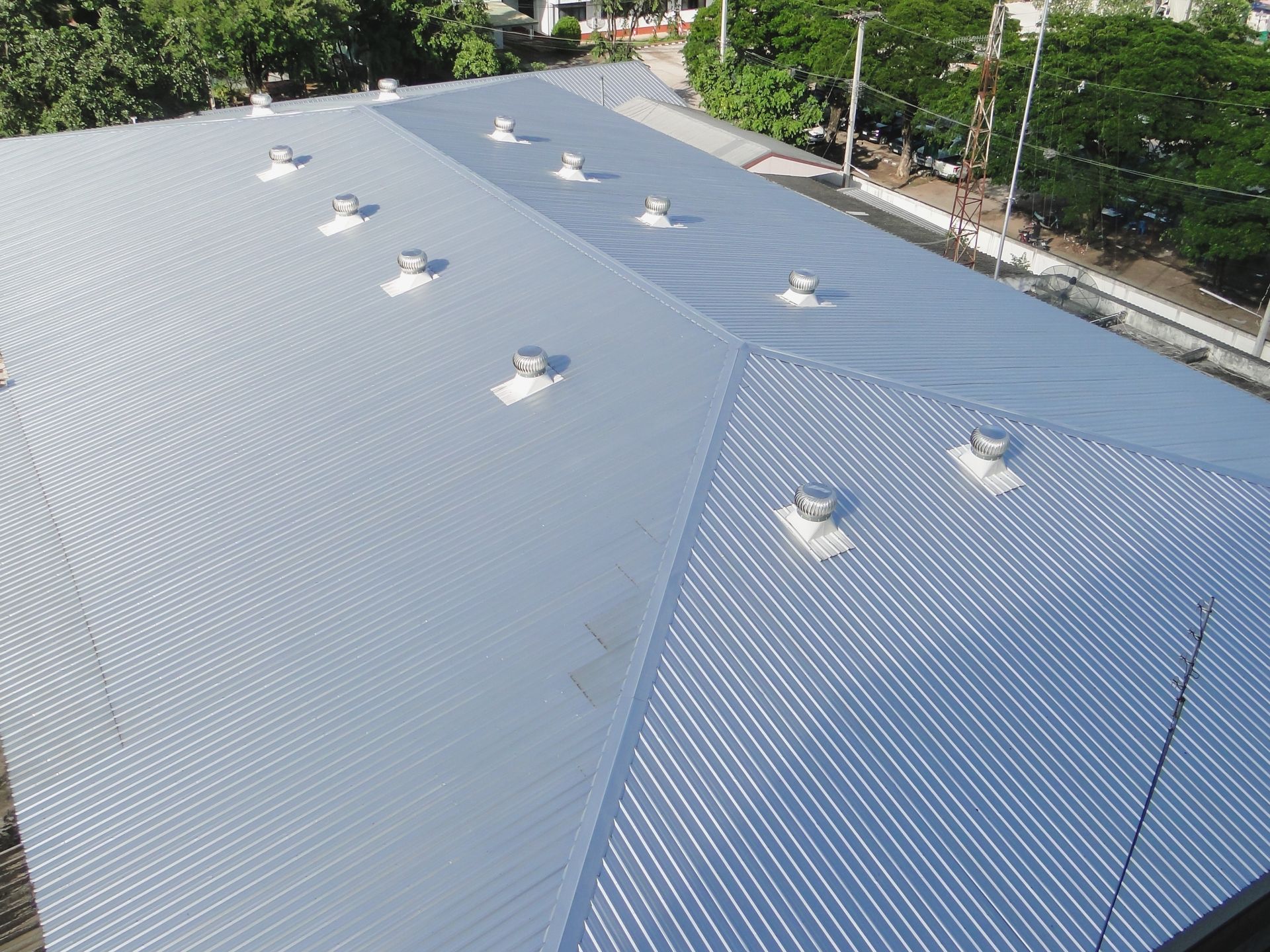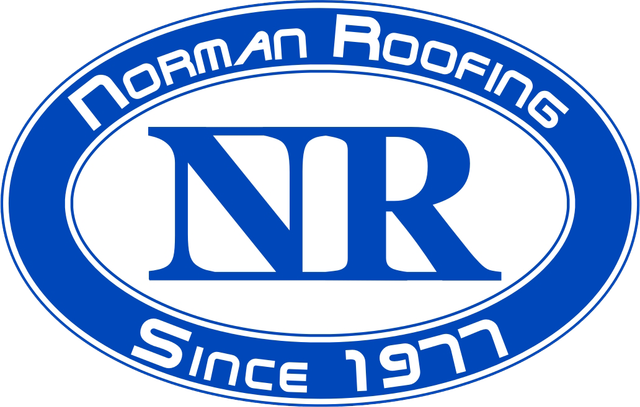The Lowdown on Low-Slope Roofing: What Is It?
When it comes to commercial roofing, low-slope roofing systems are a top choice for businesses across Mississippi and Alabama. But what exactly is low-slope roofing, and why is it so popular for commercial properties? Whether you're considering a new roof or need maintenance for your existing one, understanding the unique benefits of low-slope roofing is essential. In this guide, we’ll break down everything you need to know about low-slope roofing and why Norman Roofing is your go-to partner for all your roofing needs.
What Is Low-Slope Roofing?
Low-slope roofing refers to roofing systems with a pitch of less than 3:12, meaning the roof rises less than three inches for every twelve inches in horizontal distance. While it’s commonly used on commercial properties, some residential buildings also feature low-slope roofing designs. These roofs are ideal for covering large areas efficiently, offering a sleek and functional solution for business owners.
Key Features of Low-Slope Roofing
Low-slope roofs differ from traditional pitched roofs in several ways. Here are the standout features that set them apart:
- Minimal Pitch: Designed for maximum surface coverage with a gentle incline.
- Durable Membranes: These roofs use specialized materials like TPO, PVC, and EPDM to provide long-lasting protection.
- Efficient Drainage Systems: Low-slope roofs rely on proper drainage to prevent water pooling and leaks.
- Cost-Effective Coverage: Their design is more economical for large commercial spaces, making them a budget-friendly option.
Benefits of Low-Slope Roofing for Commercial Properties
Low-slope roofing offers a range of benefits that make it an excellent choice for businesses:
1. Energy Efficiency
Low-slope roofs often accommodate energy-efficient materials like reflective coatings that reduce heat absorption, keeping your building cooler and lowering energy costs.
2. Easy Maintenance
These roofs are easier to inspect and maintain, as their gentle slope allows for safe access. With regular care, a low-slope roof can provide years of reliable protection.
3. Cost Savings
Installing and maintaining a low-slope roof is typically more affordable than steep-slope options, thanks to lower material costs and streamlined installation processes.
4. Versatile Applications
From office buildings to warehouses, low-slope roofing suits a variety of commercial and industrial structures. Its flat design can also be used to support solar panels or HVAC systems.
Low-Slope Roofing Systems Offered by Norman Roofing
Norman Roofing specializes in a variety of low-slope roofing systems tailored to meet the needs of commercial properties across Mississippi and Alabama. Here’s a look at the services we provide:
1. Roof Inspections
Regular inspections are critical to maintaining your low-slope roof. Our expert team identifies potential issues early, helping you avoid costly repairs down the road.
2. Repairs and Maintenance
From fixing leaks to reinforcing membranes, we provide comprehensive repair services to keep your low-slope roof in top condition.
3. Roof Coatings
Extend the life of your roof with our high-quality coatings. These solutions improve energy efficiency and add an extra layer of protection to your roofing system.
4. New Roof Installation
If you're in need of a new low-slope roof, Norman Roofing offers expert installation services. We work with durable materials like TPO and modified bitumen to ensure long-lasting results.
Why Choose Norman Roofing for Low-Slope Roofing?
With years of experience and a commitment to excellence, Norman Roofing is a trusted name in commercial roofing across Mississippi and Alabama. Here’s what sets us apart:
- Local Expertise: We understand the unique challenges posed by the Southern climate and tailor our solutions to meet your needs.
- High-Quality Materials: We use industry-leading materials like TPO, PVC, and modified bitumen to deliver durable, reliable results.
- Exceptional Customer Service: Our team prioritizes open communication and transparency, ensuring a smooth process from start to finish.
Ready to Learn More About Low-Slope Roofing?
Low-slope roofing is a cost-effective, energy-efficient, and versatile solution for commercial properties, but it requires expert care to perform at its best. That’s where Norman Roofing comes in. Whether you need a roof inspection, repairs, or a brand-new installation, we have the skills and experience to get the job done right. Contact us today to schedule a consultation and discover why businesses across Mississippi and Alabama trust Norman Roofing for their low-slope roofing needs.

